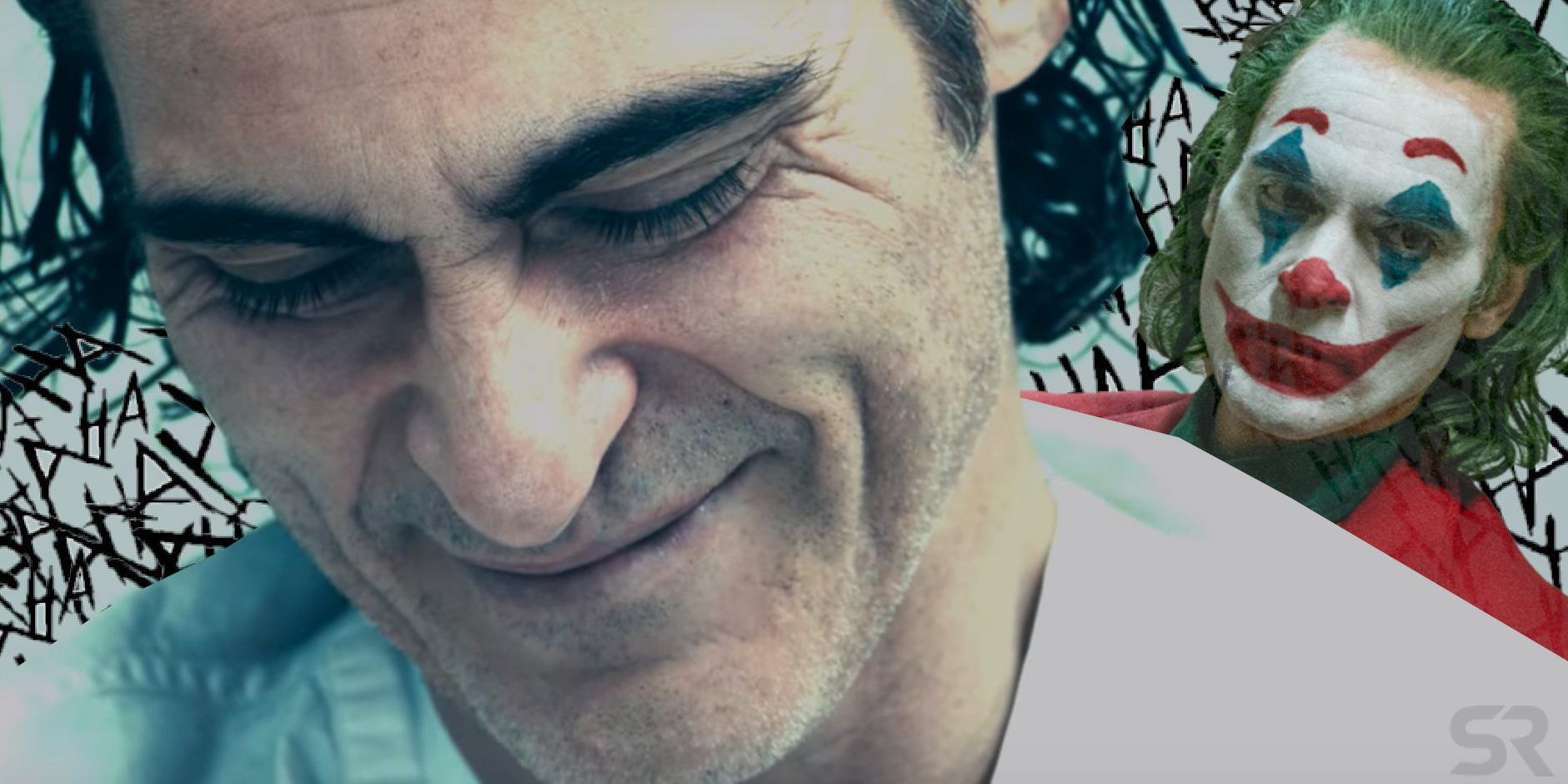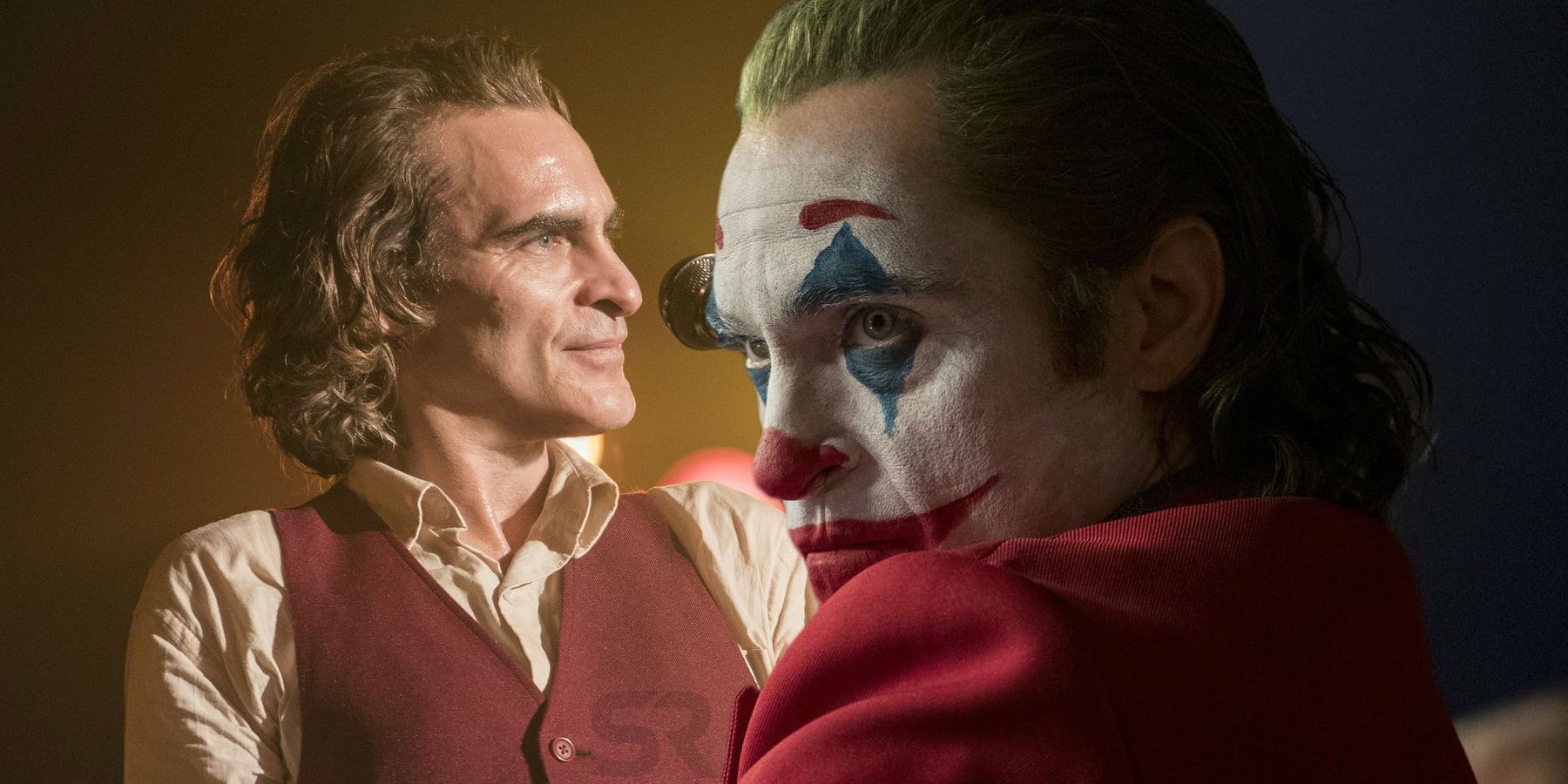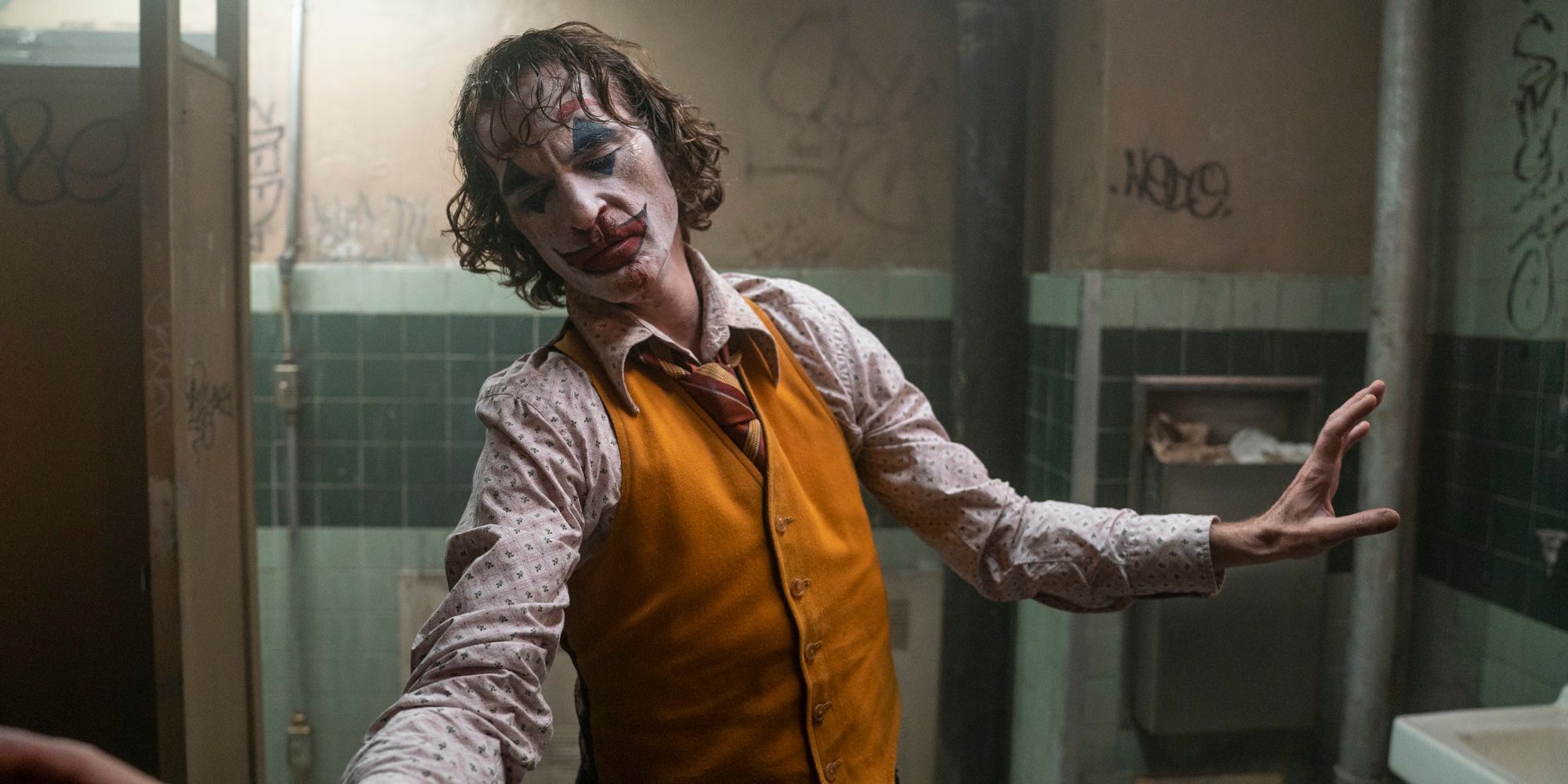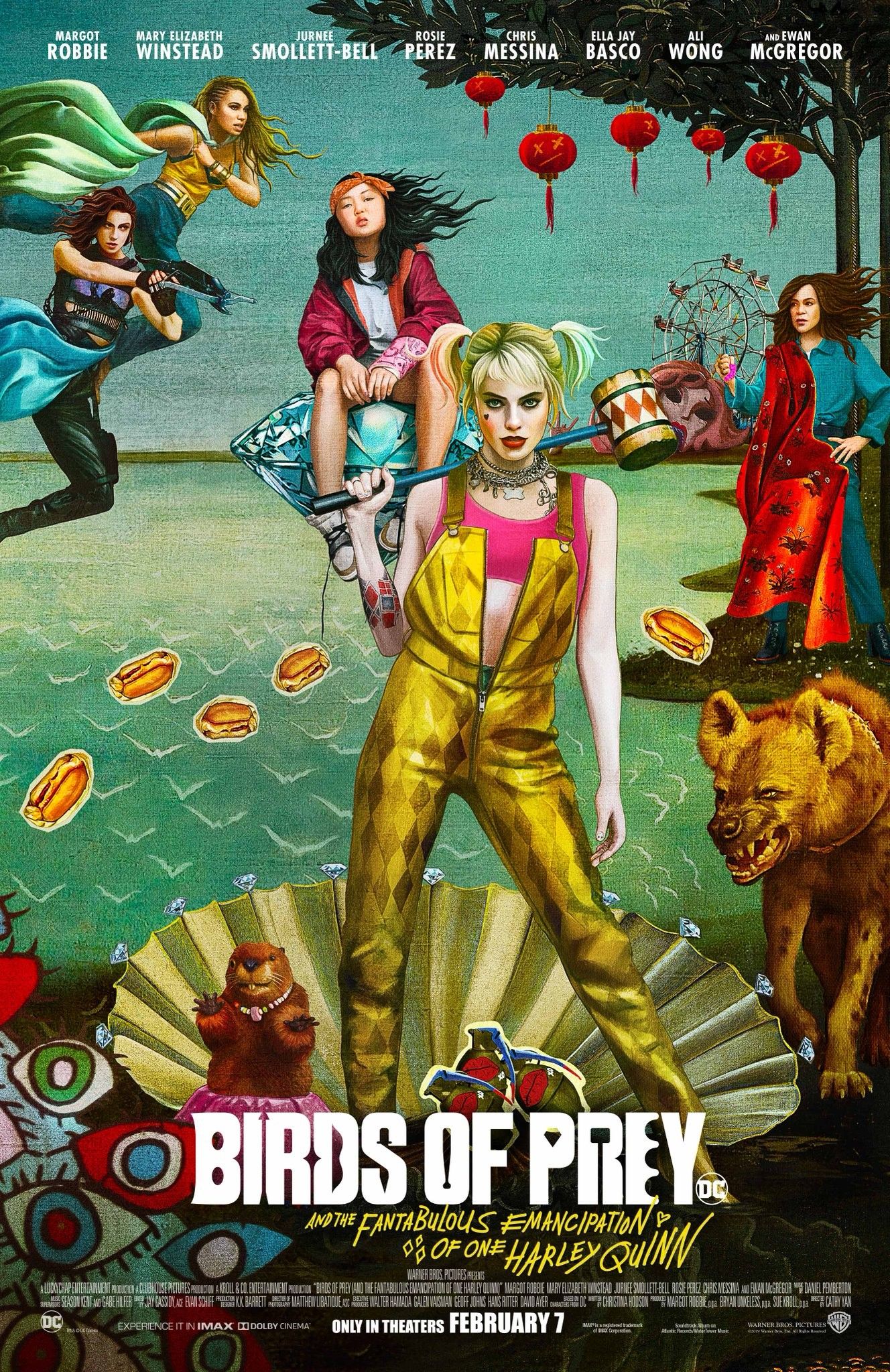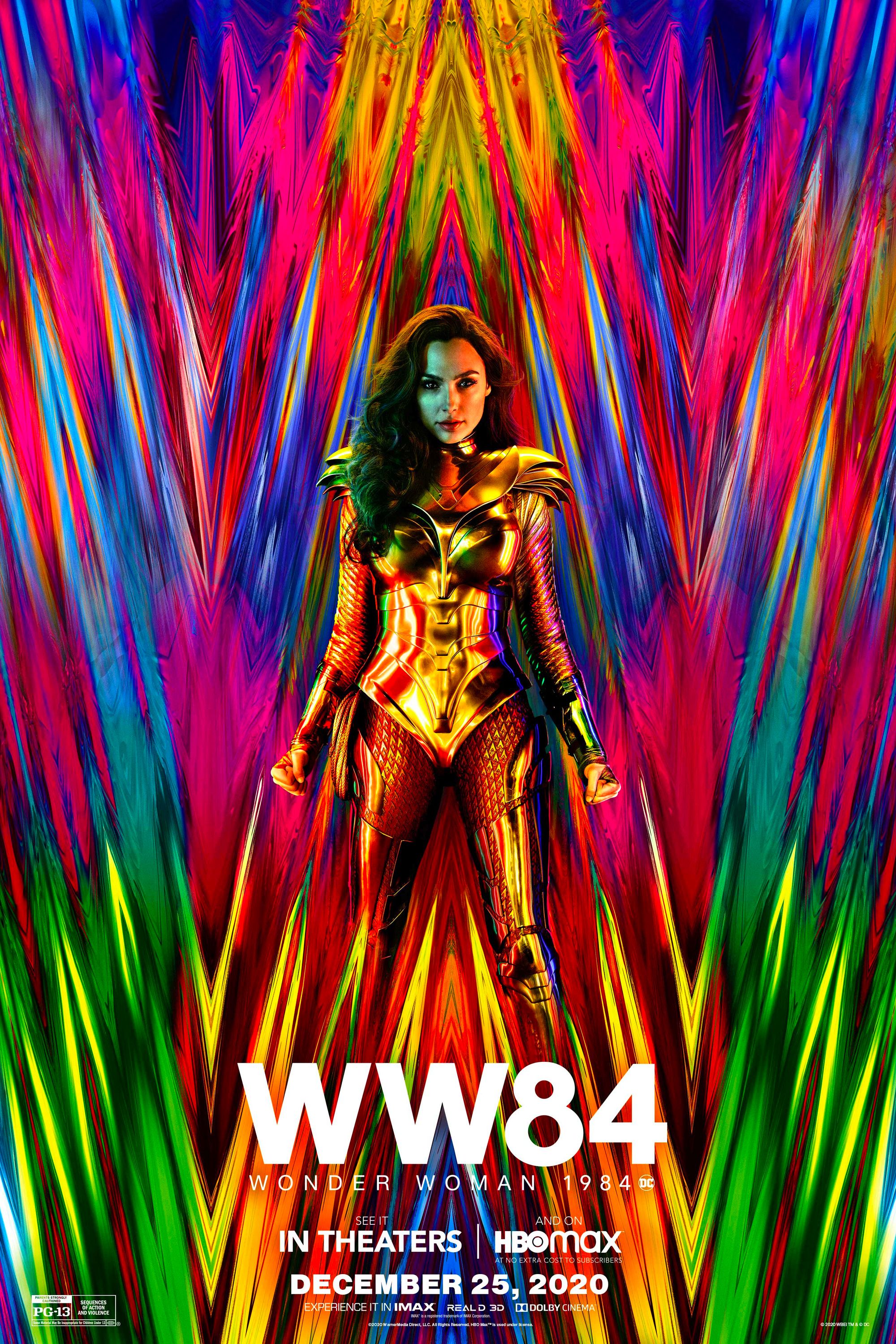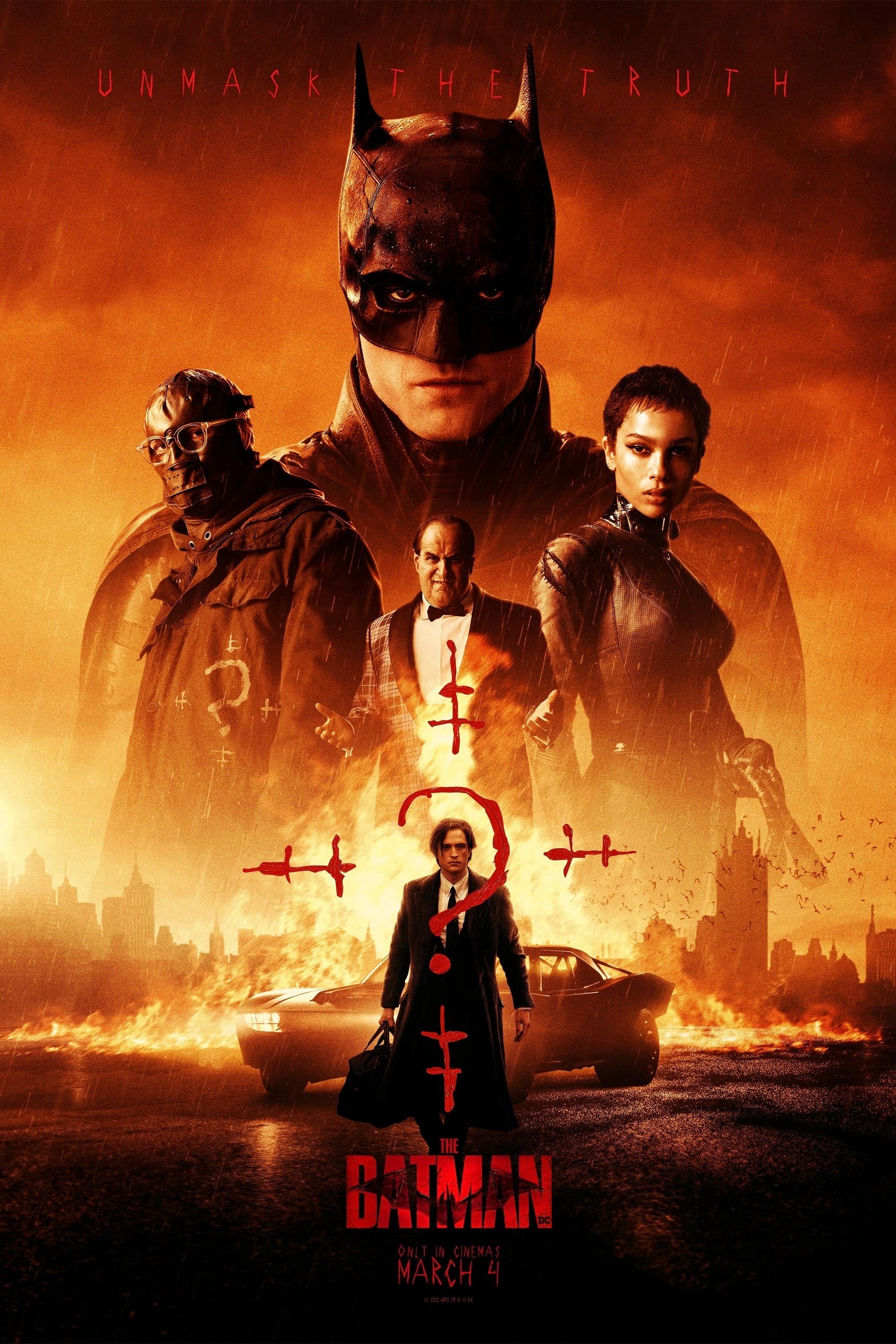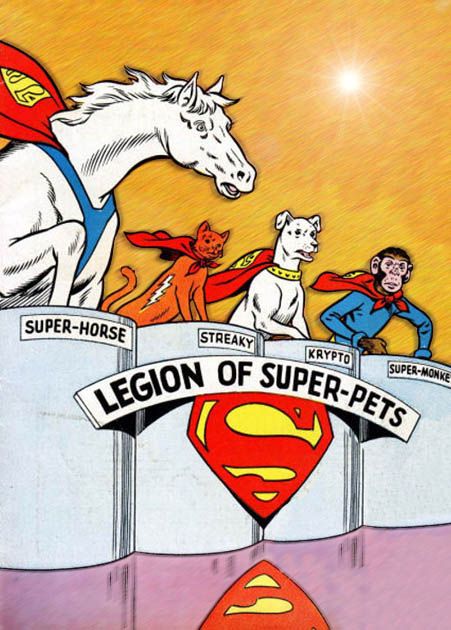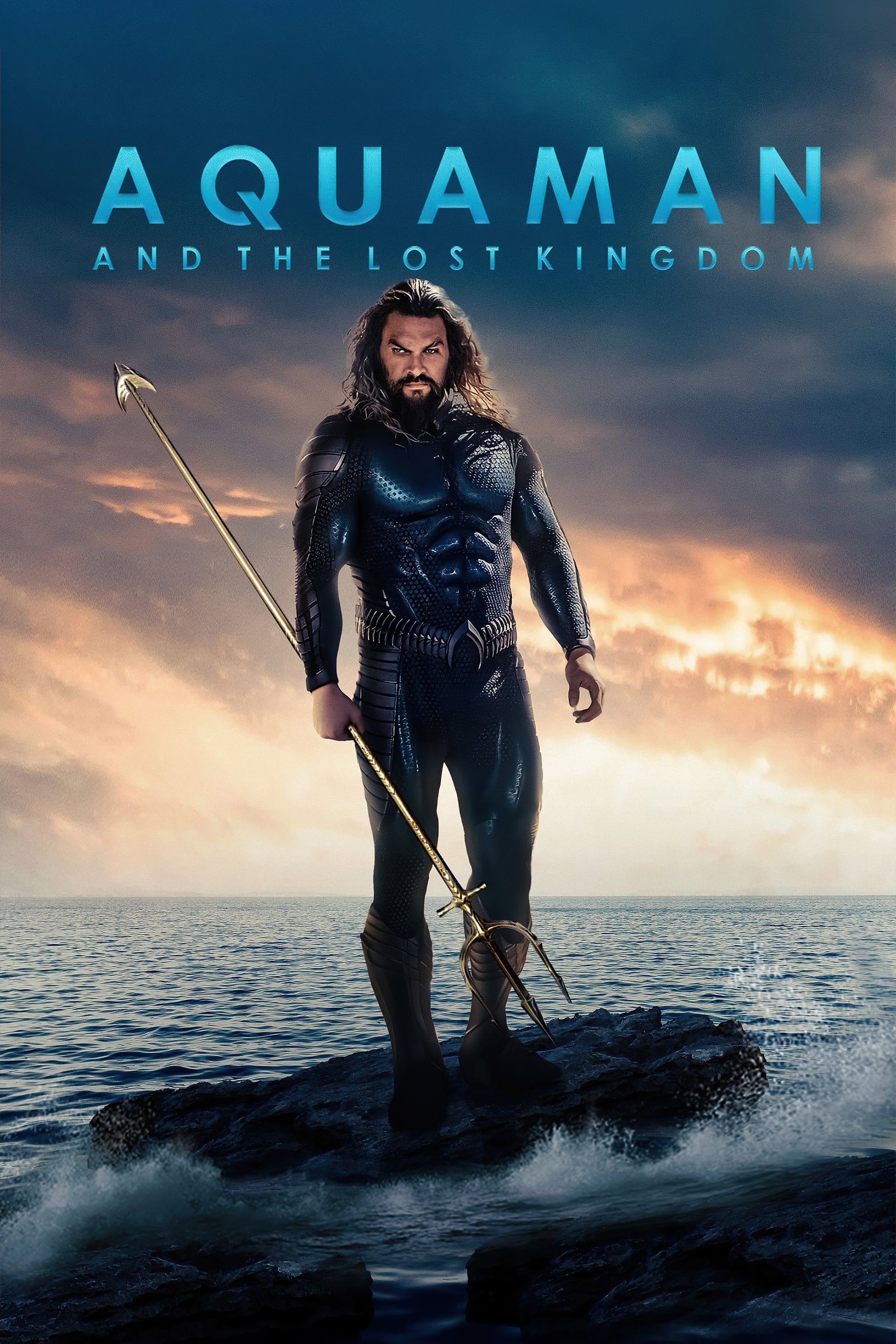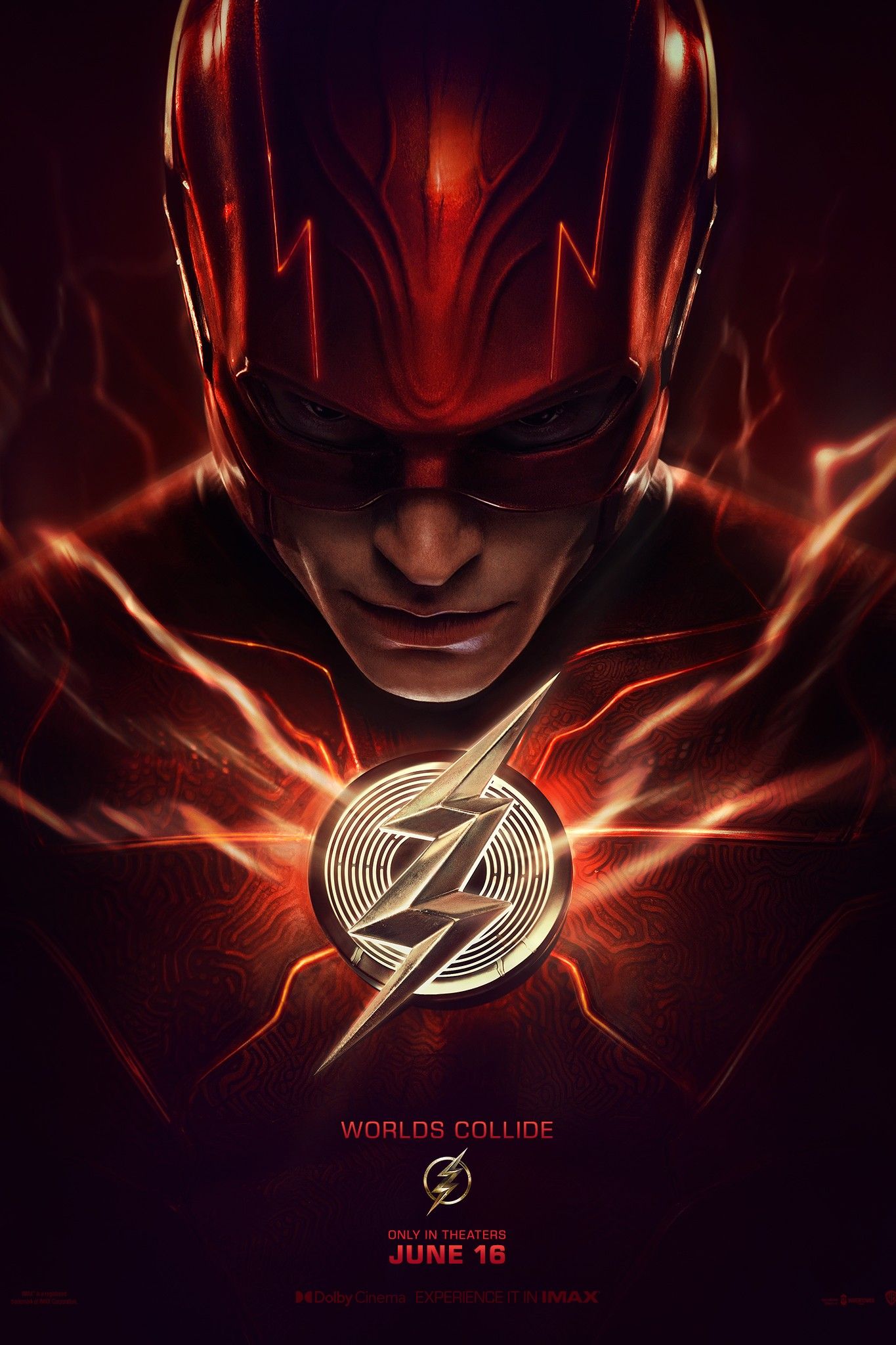Warning: The following contains MAJOR spoilers for Joker.
Arthur Fleck's final moments in Joker are skewered by a punchline that goes unsolved, leaving audiences wondering what it all means. Directed by Todd Phillips, the ambitious and controversial Warner Bros. production seeks to inject an origin story onto the Dark Knight's most celebrated and mysterious foe. Joaquin Phoenix stars as the titular character, an original iteration of Gotham City's Clown Prince of Crime, headlining a strong-armed cast which also includes Robert De Niro as late night talk show host Murray Franklin, Zazie Beetz as Arthur's neighbor and love interest Sophie, and Frances Conroy as Arthur's mother Penny.
Set in a particularly distraught Gotham City, where the streets are lined with trash and muck — symbolizing the city's impending and growing feeling of unrest — Arthur Fleck's life is dominated by his aspiring standup career and the caregiving he provides for his ailing mother. After a series of events in which Arthur is constantly battered and demoralized, rejected by those around him and cast aside to live amongst the rats and the sewage, Fleck decides to take action. After garnering a small reputation as the butt of one of Franklin's late night jokes, Arthur is invited to go onto the show as a special guest. Whilst there, he admits to the killing of three young men, an act which has sparked a severe unrest between the classes, before proceeding to kill Franklin live on the air. This broadcasted butchering sends the city over the edge, igniting a horrendous series of crimes and riots that Arthur has inadvertently become the face of. Soon, the audience witnesses Fleck within the confines of Arkham Asylum. In these final moments, Arthur laughs at a joke that the viewer is not privy to. Neither is the witnessing psychiatrist, who asks him what's so funny. Grimly, he replies, "you wouldn't get it," before the camera cuts away to a hallway where Arthur, with a bloody pep in his step (literally) stomps down and dances in a victorious haze.
This conspicuous finale may, like a great portion of Joker, incite numerous debates over its exact meaning — a mental stressor that the Clown Prince of Crime would enjoy issuing upon the world himself. But even so, there are hints throughout Phillips' film that point to the unreliability of Fleck's narration, and therefore provide a grave uncertainty of the situations which concern him. Therefore, it is not unreasonable to assume that the joke joyfully jumping around in Arthur's head is not only the grand, fiery riot his late-night murder incited, but the fact that the aspiring and disturbed comedian was able to fathom such an event himself.
Joker: It's All In Arthur's Head
Yes, this theory would infer that the majority of the events in Joker were, in fact, a figment of Arthur's own imagination. There are many situations throughout the film that, although they are seamlessly and manipulatively blended into the narrative, strike an unbelievable note. While navigating through Arthur's own imaginary visions – such as his flirtatious interactions with Sophie and his over-sentimental connection with Murray on his program – Joker establishes its own unique set of aesthetic rules. In neither of those cases does the camera or the screen inject a tool to signify the transition between what is fake and what is real; there are no hazy effects, no strange noises, nor any zooms, pans, or fades of any kind. The moments of reality (however many there may be) are seamlessly blended together with those that are clearly not.
That being said, there is simply no telling how much of what Arthur experiences is real. In fact, it can be deducted that almost none of what is shown in Joker is real. And based on the strangeness of some of Arthur's actions, Joker may be silently hinting that fact at the audience throughout the film. From odd circumstances and coincidences such as Arthur slipping into a VIP screening of Modern Times and seeking out high-profile politician and millionaire Thomas Wayne (Brett Cullen) in the bathroom, to just nonsensical encounters, such as when Arthur is able to infiltrate the Wayne property and actually touch its young heir, Bruce (Dante Periera-Olson), the ways in which Arthur operates are obviously confusing, and they could very possibly be imaginary as well.
Arthur Isn't The Real Joker
This theory, in and of itself, has been grappled around by fandom communities ever since the film's opening in October. It further extends that because Arthur doesn't act in any of the familiar ways the Joker has in his various comic book appearances, he is not the real character for most of the film. The only glimpse the audience gets of the character is, in fact, the final scene. The theory argues that the man who we see in Arkham is the real Joker and that he is laughing at Arthur Fleck's story, which has just been played in his head.
If this is true, then Arthur's story is not the origin of the character, and the sick joke would be that the truth behind the Clown Prince of Crime is still shadowed in mystery. Also, if the true Joker actually was the man who appears at the end of the film, then Batman would already exist; in the Arthur fantasy, it would be the Joker who created and feeds the Batman, rather than the roles be reversed.
Film and literature have often resorted to unreliable narrators to add a naturally eerie aesthetic to their production. By applying one of the most mysterious and inherently evil characters in the comic book canon to its frontlines, Joker naturally brews this sort of insecurity and eeriness. And it is exactly this level of madness — with no certainties and no perfect endings — that a film about this character should inspire. Simply put, the film Todd Phillips has made is exactly the kind of film the Joker would have wanted.

